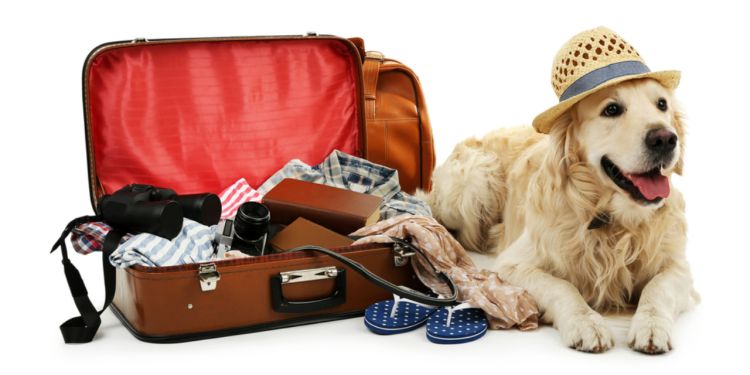
If you intend to move to Argentina with your pet, you will have to follow certain procedures and make sure that your pet meets the requirements of the Argentine authorities. Prior to travelling, check the relevant conditions with SENASA, the organisation responsible for issuing health certificates for animal importation in Argentina.

To be allowed in the country, your pet must have obtained a sanitary certificate from the relevant authorities in your home country, which proves that it has been examined by a licensed vet no more than ten days before your date of departure and that it has no symptoms of any disease. This certificate, which must either be written or translated in Spanish, states the name and address of the owner and the animal's data, such as breed, sex, date of birth, and height.
Dogs and cats
Your pet must be vaccinated against rabies no more than one year prior to the intended date of travel, and at least 30 days for those who are vaccinated for the first time. Note that the three-year vaccine is not recognised here. If you are able to demonstrate this rabies certificate upon arrival, no quarantine will be imposed, however, your pet could be prohibited from travelling if it has symptoms of rabies or any other disease and does not meet the necessary requirements. In this instance, further examination may be carried out at your expense.
When departing from your home country, and upon arrival in Argentina, you must have your pet's health record ready, which has to prove the absence of parasites and infections, as well as diseases. The pet will then be inspected by the SENASA Veterinary Service. It is also recommended that you microchip it, just in case it gets lost, though this is not actually a requirement. If your pet does not have a registered micro chip, ensure that it has a tag with your name and telephone number on it instead.
If you are entering the country by air, you will need to notify veterinary officials so they can inspect your pet. The airline should also notify the station manager at the point of entry up to 24 hours before arrival so that a qualified official can check the paperwork. If you have a small dog or cat, some airlines will allow it to be taken into the cabin with you, while others will insist that it is transported in the luggage hold. Be aware that some airlines refuse to transport animals altogether. It's wise to check with the airline as far in advance as possible so that you are able to make alternative arrangements if need be. It could be that you are required to use one of the airline's pet carriers, which will incur a small fee, and tax is payable on arrival, though the amount depends on the animal and time of your arrival. Contact the airline or the Argentinian embassy in your home country for more detailed information about this.
Other animals
If you are planning to import other types of pets such as birds, reptiles, amphibians or rodents, you will have to check the SENASA conditions. These animals will not need to be vaccinated against rabies, but they must have a health certificate and any other relevant documents.
We hope you found this article useful! For more articles on travelling to Argentina, visit our website.
Useful links:
SENASA
Pet Travel
Pet Relocation
We do our best to provide accurate and up to date information. However, if you have noticed any inaccuracies in this article, please let us know in the comments section below.









